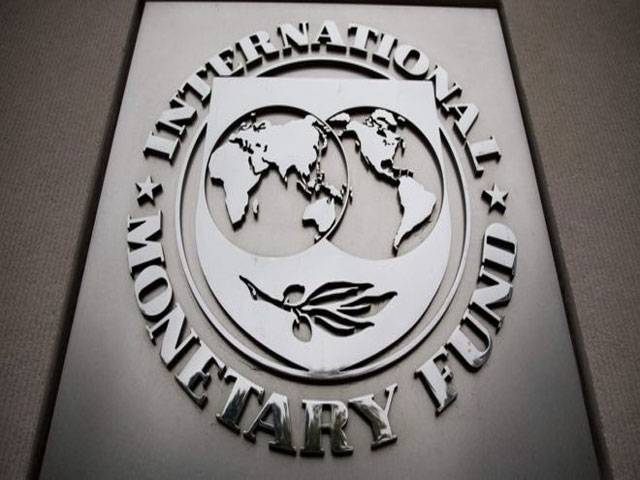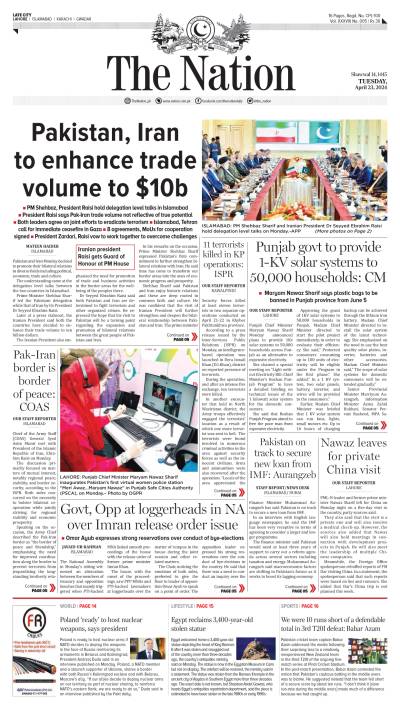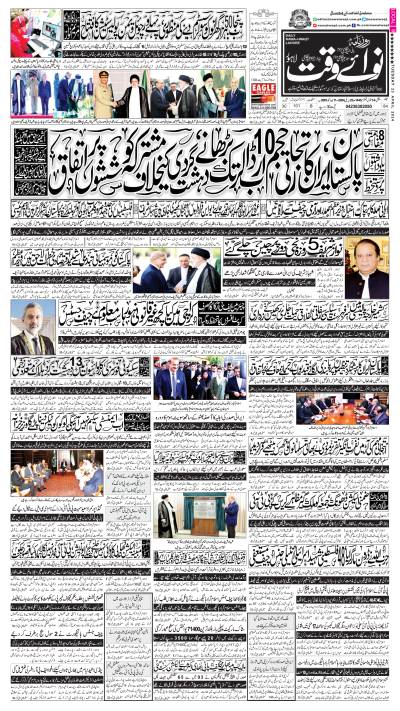ISLAMABAD - International Monetary Fund (IMF) has projected that Pakistan’s budget deficit would increase to Rs1.433 trillion (4.5 percent of the GDP) during last fiscal year 2016-17 as against target of Rs1.21 trillion (3.8 percent of the GDP).
“The revenue shortfall incurred earlier in the year is being mitigated by a correction in petroleum tax rates, strengthened tax administration efforts, and a recovery in non-tax revenue collection. Paired with continued public spending discipline, staff projected the overall fiscal deficit (excluding grants) at 4.5 percent of GDP, close to last year’s outcome (4.6 percent of GDP) but above the budget deficit target (3.8 percent of GDP),” the Fund said in a report that concluded the Article IV consultation with Pakistan.
On the other hand, Pakistan expected the overall fiscal deficit (excluding grants) at 4.2 percent of GDP on the back of expectations of a stronger recovery in tax and non-tax revenue collection towards the end of the fiscal year. According to the IMF, budget for the ongoing fiscal year (FY2017-18) is subject to significant risks. The budget envisages marked increases in tax and non-tax revenue, a large expansion in development spending, and contained growth in current spending. The authorities expected the budget revenue target to be reached on the back of strong tax administration efforts. Staff advised that significant additional tax policy and administrative measures of around 1½ percent of GDP may be needed to achieve the FY2017-18 revenue objective, especially if this fiscal year’s revenue turns out lower than expected by the authorities and in line with staff’s expectations. Staff highlighted that measures could include further reducing tax expenditures (estimated at 1.3 percent of GDP in FY2016-17), gradually raising petroleum taxes, further strengthening the system of withholding taxes for non-filers, and improving provincial tax collection in agriculture, property, and services. These measures should be complemented by continued strong administrative efforts to improve tax compliance.
Staff also argued that interest and other current spending could turn out higher than budgeted (by about½ percent of GDP), that particular emphasis will be needed on ensuring the quality of development spending considering the planned scaling up, and that the targeted provincial surpluses (1 percent of GDP) could be subject to risks. Staff advised that the authorities should prepare contingency measures both on the revenue and spending sides, including a prioritisation of development spending, in case revenue should fall short of the authorities’ expectations. Staff also highlighted that a higher-than-budgeted deficit would exert additional pressures on the current account and reserves.
The IMF also stressed that strengthening the efficiency, flexibility and responsiveness of the national fiscal federalism framework would support macroeconomic stability. The transfer of a significant share of federal tax revenues to the provinces - decided in 2009 with the 7th National Finance Commission Award - was not well-aligned with the devolution of expenditure responsibilities. This resulted in an unbalanced fiscal position across different levels of government, reduced incentives to mobilise revenues, a fragmented fiscal system, and reduced overall efficiency of public expenditure.
The Fund advised both federal and provincial authorities to better align revenue and expenditure responsibilities consistent with the constitutional framework. Staff highlighted a number of policy options including: fully implementing expenditure responsibilities by provinces or establishing burden-sharing arrangements for joint tasks; establishing a fiscal council or similar body to set broad federal and provincial fiscal targets; setting up a jointly funded contingency fund for large unexpected shocks; instituting a national tax commission or coordination committee to facilitate vertical and horizontal coordination of tax policy and administration; strengthening public finance management frameworks; and increasing incentives to mobilise provincial tax revenues. The authorities broadly agreed on the need for improvement, while noting that the range of politically feasible reforms may be limited and require extensive consultations with the provinces.






